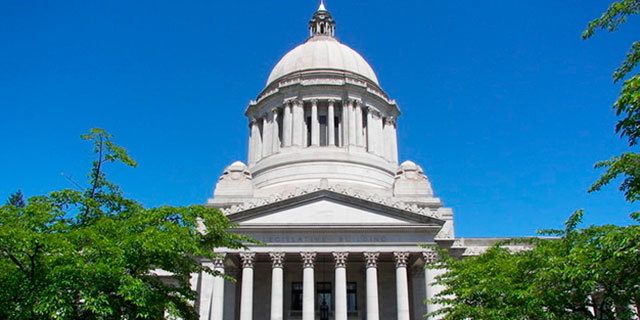How our state legislators voted last week:
• House Bill 1121, Changing the frequency of Puget Sound action agenda implementation strategy and science work plan updates
Passed the House on Feb. 13 by a vote of 75-22 (one member excused)
The bill would change the frequency for the Puget Sound Partnership to update its action agenda and its science work plan from every two years to every four years. The Puget Sound Partnership was created as a state agency in 2007 to oversee the restoration of the environmental health of Puget Sound.
Rep. Mike Chapman (D-Federal Way) Y
Rep. Steve Tharinger (D-Sequim) Y
• House Bill 1738, Relating to protecting water quality by aligning state brake friction material restrictions with the requirements of a similar nationwide agreement
Passed the House on Feb. 16 by a vote of 57-40 (one member excused)
The bill provides that beginning on Jan. 1, 2025, brake pad manufacturers, wholesalers, retailers and distributors must limit copper in brake friction material to 0.5 percent or less. Manufacturers, wholesalers and distributors are given 10 years to sell their then-remaining brake-pad inventory and equipment service contracts for vehicles manufactured before 2025 are exempt from the restrictions. This act would harmonize the date in state law on which copper in brake friction material must be limited to no more than 0.5 percent with the phase-out timeline set in a 2015 memorandum of understanding among the United States Environmental Protection Agency, the Environmental Council of the States and several stakeholder organizations, including brake manufacturers, to phase out copper and other specified materials in brake pads.
Chapman Y
Tharinger Y
• House Bill 1209, Relating to municipal access to local financial services
Passed the House on Feb. 16 by a vote of 73-24 (one member excused)
This bill would include credit unions in the definition of public depositories, allowing them to accept public deposits over the maximum insured amount, subject to collateralization. It would also allow the Department of Financial Institutions to rely on information reported by the National Credit Union Association for investigation and examination of public depositories.
Chapman Y
Tharinger Y
WashingtonVotes.org is a project of the Washington Policy Center.
See www.WashingtonVotes.org.



